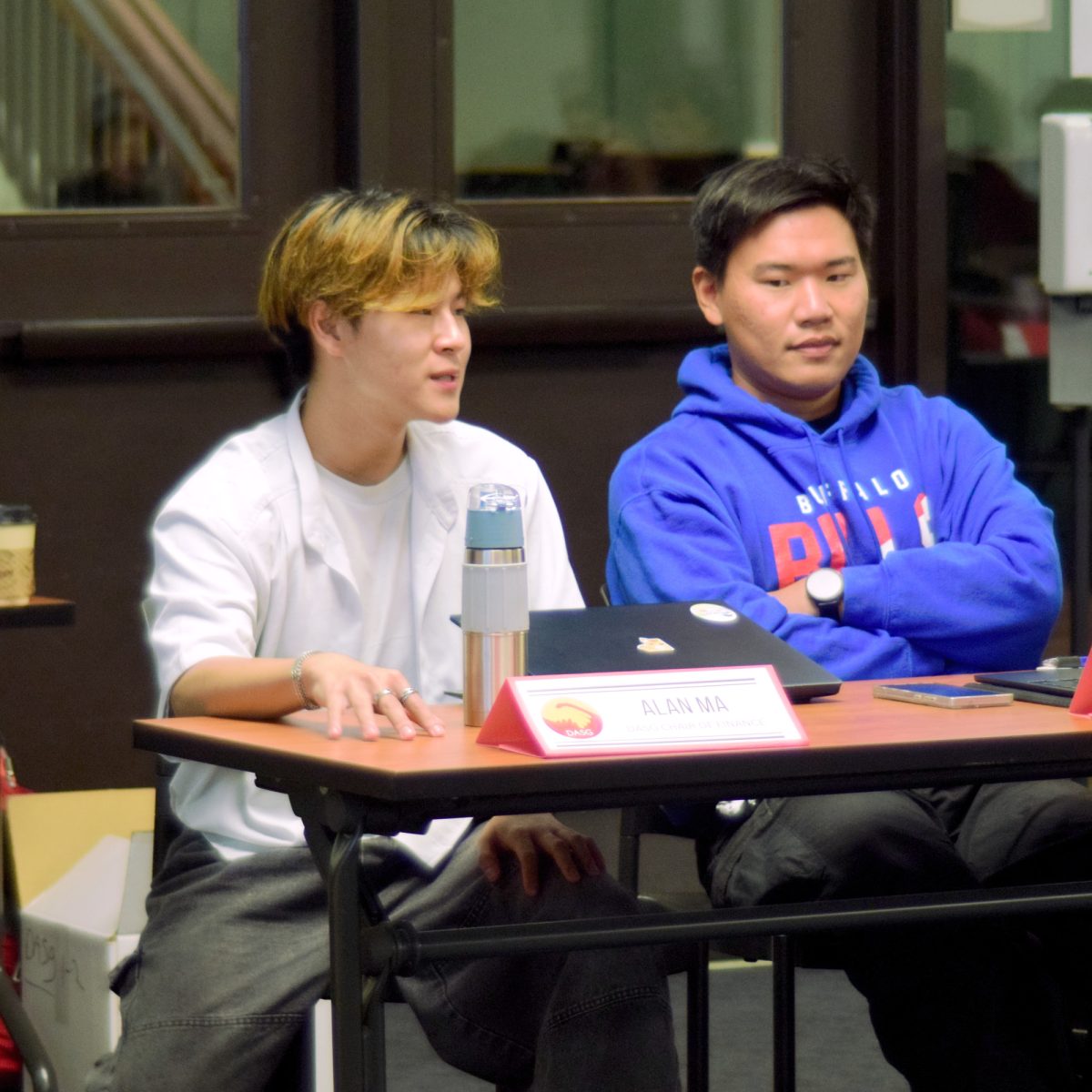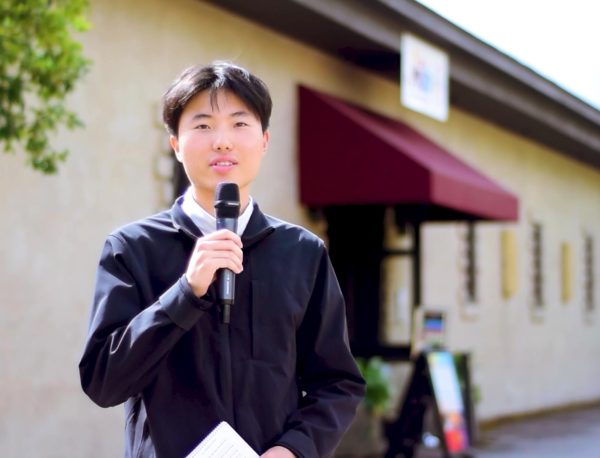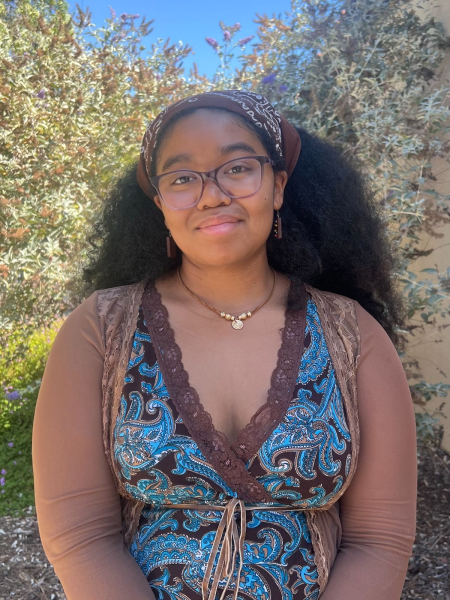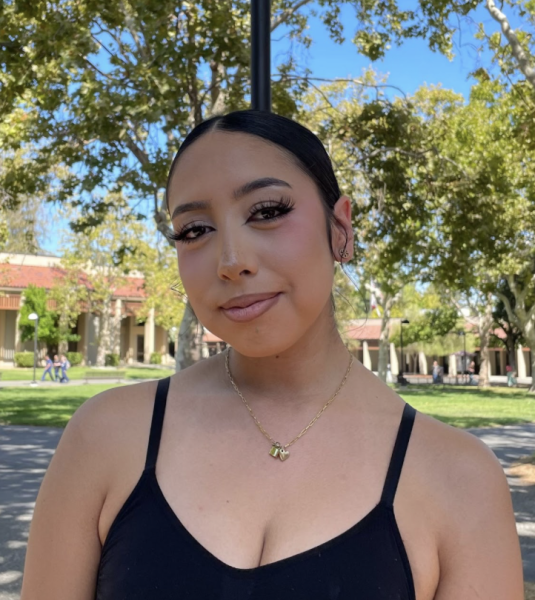Bipolar disorder: “Like chemical chaos in your brain”
April 27, 2014
“Bipolar disorder is like chemical chaos in your brain, and the best protection against it is normality, regularity,” said Raymond Shelley, 32, psychology major.
“I wake up at about 7 o’clock. I usually try to meditate or workout, breakfast, then I bike to school,” Shelly said.
“I usually like to get to school a little early so I can do some reading or some studying,” Shelley said. “I’ll have one or two classes depending on my schedule. Have a little snack, another class, lunch, then usually after lunch I go home.”
Shelley describes his daily route that is similar to many students at De Anza College.
“Then it’s usually studying for about a good 3 to 4 hours, I try to study a lot,” Shelley said. “Sometimes before the studying, I’ll play some guitar to help wind down the day a bit.”
But a casual daily schedule similar to most De Anza College students is more important to Shelley than many would assume.
Shelley is a student living with mental illness and relies on his routine to maintain a stable mood.
Shelley, like most, waited until his disorder was fully developed before he sought out help.
“When I arrived at the mental health facilities, I was just broken, basically ready to kill myself,” he said. “I didn’t have a specific plan, but I was trying to think of ways to do it.”
While recounting his initial visit, Shelley shrugs off the experience as if he was talking about someone else.
After Shelley signed a psychiatric hold, he spent the next three days in observational care.
“It was a scary process of waiting and not knowing what was in front of me,” he said.
Shelley said he had to remove his shoelaces as well as his sweater because it had strings that could potentially be a hazard to him. He also was not allowed to bring books in during his evaluation.
Shelley remembers how scared and ashamed he was when he spent his first night in observation.
“I remember just lying there staring at the ceiling, it was kind of a small bed and my feet were hanging off the end, and I was just thinking how did it come to this; all my life I had been working so hard, especially in the eyes of my parents, seemed like I had everything together,” Shelley said. “I was just thinking man, my parents are going to look at me differently.”
Shelley set a goal that night to focus on his karma by helping others.
“That’s what I did for the rest of the three days I was in there, just kept looking for people in the hospital I could help,” said Shelley.
Shelley has since stayed committed to helping others and combating bipolar disorder stigmas.
“Having a disorder doesn’t classify you, it doesn’t label who you are,” said Shelley, “I have bipolar disorder, but I’m not bipolar; I don’t own that.”
Shelley often talks with groups about living with mental illness and appeared at a campus event on destigmatizing mental illness.
“Every time I talk to a group of people, if I can get one of these people out here to come up to me and ask about where to go and what to do, then I feel like I’ve done my job,” Shelley said.
While his disorder does not dictate his life, it has influenced his focus. Shelley has since studied psychology and is a teacher’s aid for psychology instructor Shannon Hassett.
“I wanted to give back to her and sort of help her out so I started tutoring a few quarters,” Shelley said. “Then I wanted to help her out even more, so I approached her about interning.”
Shelley relies on his family and hobbies for a support system while he is in school.
“One of the dogs particularly is really a mirror to my emotions, so if I start getting upset, he reacts,” Shelley said. “If I start getting manic, he really responds to my emotions; I can see it in him before I can even feel it in myself or even aware of it.”
Shelley sees that many students with the disorder are avoiding treatment and diagnosis, but he encourages them to get treatment in order to be a whole and successful person.
“That’s what really made me realize the diagnosis was good for me,” Shelley said. “Now I know what I need to do to fix myself, where as before I didn’t know.”
























